Carrier and Shadowen Propose Fixes for Pharma “Product Hopping”
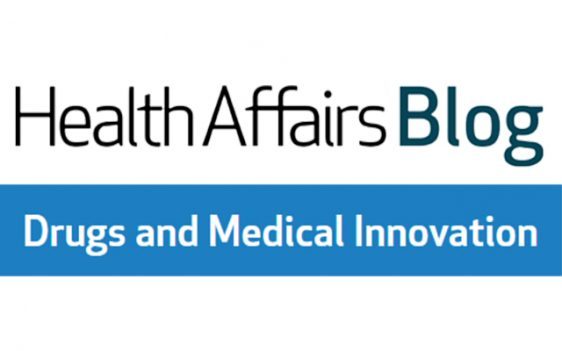
In a recent post on the IVI-sponsored Health Affairs blog series, Michael Carrier and Steve Shadowen examine the practice of “product hopping,” in which drug manufacturers can delay a generic introduction through product reformulation. In addition to presenting some of the prevailing issues before the courts, the authors also propose a new framework to keep the […]
Light Addresses the Pharma “Free Rider” Myth (in Response to Yu, Helms, and Bach)
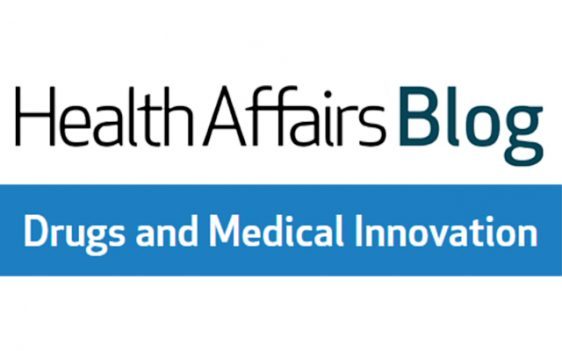
In the latest post on the the IVI-sponsored Health Affairs blog series, Donald Light offers a response to a recent Health Affairs blog commentary by Nancy Yu, Zachary Helms, and Peter Bach focusing on the excess of US drug pricing over prices in other developed countries. Light argues that the myth of the “foreign free-rider,” […]
Grabowski and Manning Respond to a Recent Post by Yu, Helms, and Bach
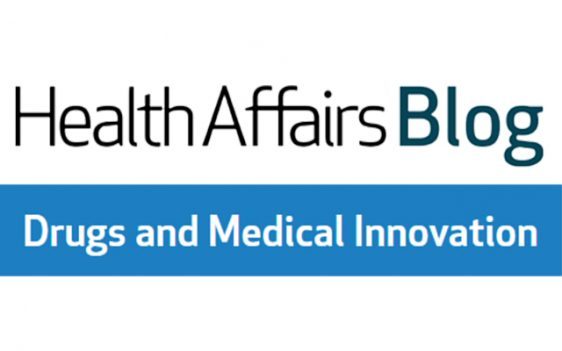
In a post on the the IVI-sponsored Health Affairs blog series, Henry Grabowski and Richard Manning offer a rebuttal to a recent Health Affairs blog commentary by Nancy Yu, Zachary Helms, and Peter Bach on the subject of drug pricing. In their rebuttal, Grabowski and Manning caution that the premise of the earlier blog post […]
Sood, Shih, Van Nuys and Goldman’s Study Details the Flow of Funds in Pharma’s Distribution System
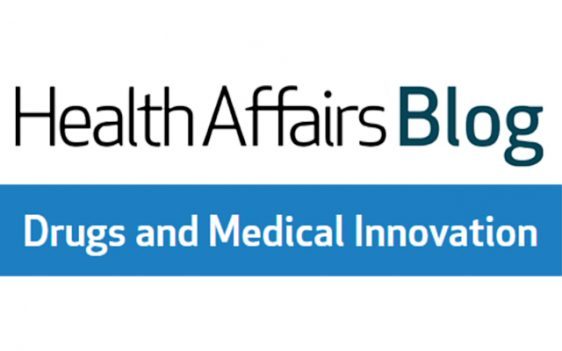
In the latest post on the the IVI-sponsored Health Affairs blog series, Neeraj Sood, Tiffany Shih, Karen Van Nuys and Dana Goldman present the findings of their study examining the flow of funds in the pharmaceutical distribution system, suggesting that greater transparency and granularity would be beneficial in the reporting of financials from all sectors. […]
Lietzan Examines SCOTUS Ruling on Biosimilars
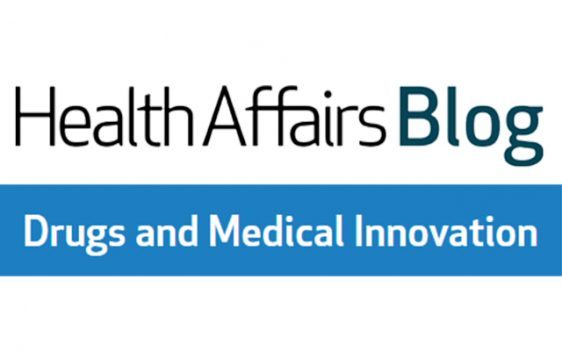
In the latest post on the the IVI-sponsored Health Affairs blog series, Drugs and Medical Innovation, Erica Lietzan takes a look at the recent Supreme Court ruling on Sandoz v. Amgen, examining premarket patent litigation, patent resolution process, state law influence, and the impact of the SCOTUS ruling itself. Read the full article here.
Sachs Summarizes Recent HELP Committee Meeting: The Elephant in the Room
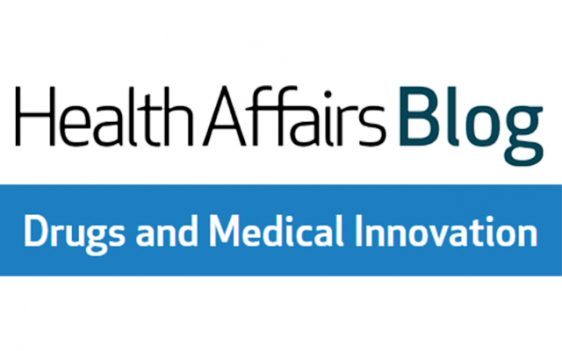
In the latest post on the the IVI-sponsored Health Affairs blog series, Rachel Sachs summarizes the recent Senate Health, Education, Labor & Pensions (HELP) Committee meeting. Organized to address the drug delivery system and how it influences what patients pay, the meeting quickly shifted to a partisan blasting of the secretive process by which Republicans […]
Relevance of American Society of Clinical Oncology Value Framework Will Be Improved if It Is Based on Network Meta-Analyses

In his letter to the editor, IVI’s Jeroen Jansen makes the case in Journal of Clinical Oncology that network meta-analysis is the only transparent framework to help answer the treatment selection question, and urges the ASCO Value Framework Task Force to consider this approach when developing their recommendations. Source: Journal of Clinical Oncology
Are Biopharmaceutical Budget Caps Good Public Policy?
Medical innovation has generated significant gains in health over the past decades, but these advances have been accompanied by rapid growth in healthcare spending. Faced with a growing number of high-cost but high impact innovations, some have argued to constrain prices for new therapies – especially through global caps on pharmaceutical spending and limits on […]
Saving Medicare Dollars: Moving from the SGR to Bundled Payments
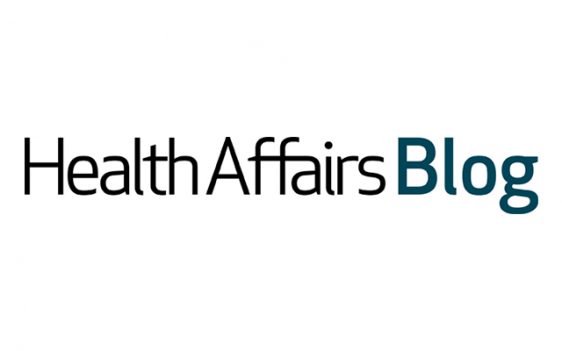
The goal of Medicare is to provide protection for elderly Americans against the financial risk associated with illness, and in the process provide beneficiaries with access to high quality care. Our challenge is to accomplish those goals in a fiscally sustainable manner. In this article, Michael Chernew, Darius Lakdawalla, and Dana Goldman emphasize that the […]
It’s Time for Value-Based Payment in Oncology
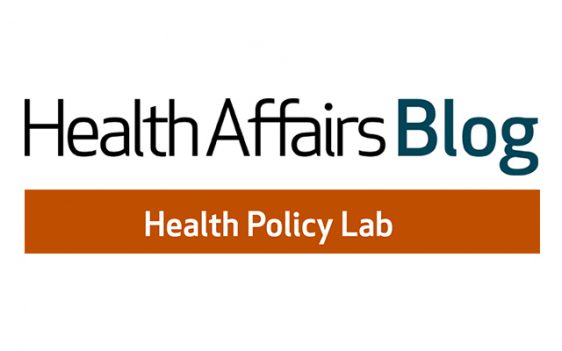
Value-based health care has risen to the top of the health policy agenda, as public and private payers search for ways to improve outcomes. The value principle—reimbursing hospitals, physicians, and other health care providers for quality or quality improvement that also help lower costs—aligns incentives between payers and providers. It’s time to apply this principle […]